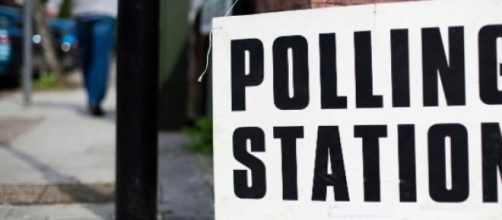As election day is almost here now, the UK Think Tank International Longevity Center has released an interesting study on the evolution of electoral trends per age groups. The study reveals 3 tendencies which are most likely to affect the results of the upcoming elections. Generally speaking, the electorate is getting older while discontent of younger generations is growing. Furthermore, the importance of political topics varies dramatically according to age groups, and therefore most likely to influence voting motivations. The latter is likely to transform into voting intentions based on political parties policy priorities.
Ageing Electorate
The results of the latest study revealed changing patterns in the UK society. Affected by successive economic setbacks and various waves of immigration, families are getting smaller and more culturally diverse. Increase in life expectancy also means that our population is growing older, and so is the electorate. Strikingly, 43.1% of the 18-25 population turns out at elections as compared to 78.6% of the +60 group. If anything, age will definitely matter in the next elections, since different age groups are likely to have differing political interests.
Growing Discontent
A more specific study of voting trends per age cohorts, as opposed to age only, has revealed that low turnout of young voters is not necessarily related to age, but rather to a growing discontent with governments and the democratic system at large.
At the 2005 general elections, the age cohort of people born between 1981 and 2000 broke the record of low turnout with less than 40% of participation. Since the 1974 elections, the age cohort of people born between 1921 and 1940 has always been the biggest participant.
Age and voting motivations
Finally, the study has also demonstrated the primacy of certain political topics.
For 32% of the general electorate, economy is the most important issue, followed closely by immigration at 22%. However, economic issues seem of more concerns to the 18-25 at 35% while it scored 29% in the over 60 group. If the study tend to demonstrate a consensus on the importance of the economy, the issue of immigration plays an influential role in the voting patterns.
Indeed, only 1 in 10 of the 18-25 group considers immigration as a top issue. In contrast, the same issue is in pair with economical issues for the over 60 population.
The result of this study are likely to be reflected in the elections. These various trends are set to transform into voting intentions according to the policy priorities of the political parties. It is already understood that the older the voter is, the more chances there is that he/she will vote for either the Conservatives or UKIP. In fact, support for UKIP triples in the +60 group as compared to the 18-25. Lastly, the study suggests that the 18-25 electorate might be feel more attracted by the Labour Party or the Greens, due to concerns about unemployment and consumers debt.
There is five times more Green voters among the 18-25 than the over 60 population.
Even if these elections have already been marked by the influence of hot topics, such as the NHS issues, it seems that age will matter much more than one could imagine. It is almost certain that all political parties must have taken these trends into accounts in order to score political points. However, what remains to be seen is how it will affect the outcome, and in the case of another hung parliament, age is set to be an influential factor during political negotiations.

